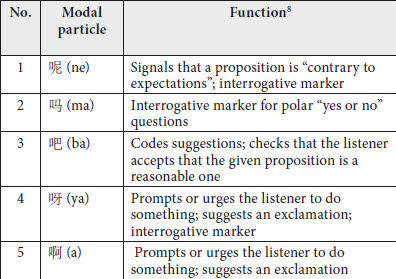This week, I attended the Power of Language event on Mongolian and Ukrainian superstitions titled “Don’t Gift a Clock or You Will Die!” The event was hosted by two students, one Mongolian and one Ukrainian, who had prepared a presentation on outlandish superstitions they found online and from firsthand experience. As with many such events I have attended at Wesleyan, the attendance was sporadic. Specific viewers had clearly anticipated and planned for their attendance, while others were roped in through proximity to the Fries Center.
The presenters began their talk by positing, “There is no one book of superstition, only a tradition passed on from generation to generation which shapes worldview.” The Ukrainian presenter moved on to highlight that the day prior marked the 2nd anniversary of Russian aggression against Ukraine. She played a trailer for a film screening soon to be held on campus and then asked us to take a moment of silence. She was deeply affected by the recent news of attacks against her hometown. The presenters had some technical troubles setting up sound and then getting the PowerPoint to load, but this had little effect on the presentation, and more impacted the general atmosphere of the talk at the beginning by losing the focus of the peripheral viewers.
Getting into the superstitions, the two presenters went back and forth, advising on accumulating material wealth. Across Mongolia and Ukraine, poop is a common theme for good fortune. For instance, should you see a dog pooping, get pooped on by a bird, dream about poop, or step into cow poop, you will soon come into wealth. The rationality for these superstitions can be summed up well by their explanation about stepping in cow poop: if the cow is pooping, the herd is grazing well. Some of the viewers in the audience from Puerto Rico and Russia chimed in at this point to express similar superstitions in their cultures. Apparently, in Puerto Rico, if a bird poops on you, it is the point of contact that determines the outcome– a hit to the head is the best fortune, a hit on the right shoulder is bad luck, while a hit to the left signifies good luck.
Neither of the presenters seemed to place particular weight on this specific brand of superstition, but that quickly changed. The Mongolian presenter moved on to superstitions that will result in your mom dying. She described being in fear as a child for singing in bed, for it could result in the death of your mother. Some superstitions were given historical reasoning (Mongolian households often include many family members in the same room, so any excuse to keep a child from singing at night in bed is welcomed). In contrast, others have been shaped and morphed over time so that the original meaning is lost. One such example provided is your mom dying if you suck your thumb as an adult. While the presenters speculated about its historical origins, it was just that: speculation.
The presenters covered various topics ranging from making money to losing money to losing your mom to avoiding death, how to leave the house, and finally ending with love. Certain superstitions the presenters expressed had more personal significance than others. For the Mongolian speaker who grew up staying in the same bed with her younger sisters, the superstition that “play with shadows before bed and you’ll pee in your sleep” clearly resonated deeply. The Ukrainian presenter also held more weight in certain superstitions than others, specifically when it came to the death of relatives. One belief that receiving a clock as a gift results in death, she took very seriously. Family members had passed on multiple occasions shortly after receiving a clock as a gift. She recommended that if you ever wanted to gift a watch to someone, make sure to take a dollar back in return, as that ensures it is not a gift but an acceptable purchase.
The speakers concluded that the superstitions your families impart in you, and then you experience yourself, shape your worldview. They encountered many superstitions they had never heard of in their research process. They postulated that it is an indication of how many superstitions we must have lost over time and how many have managed to keep modern importance, as death, love, money, and poop are eternal and thus will never lose their cultural significance.



